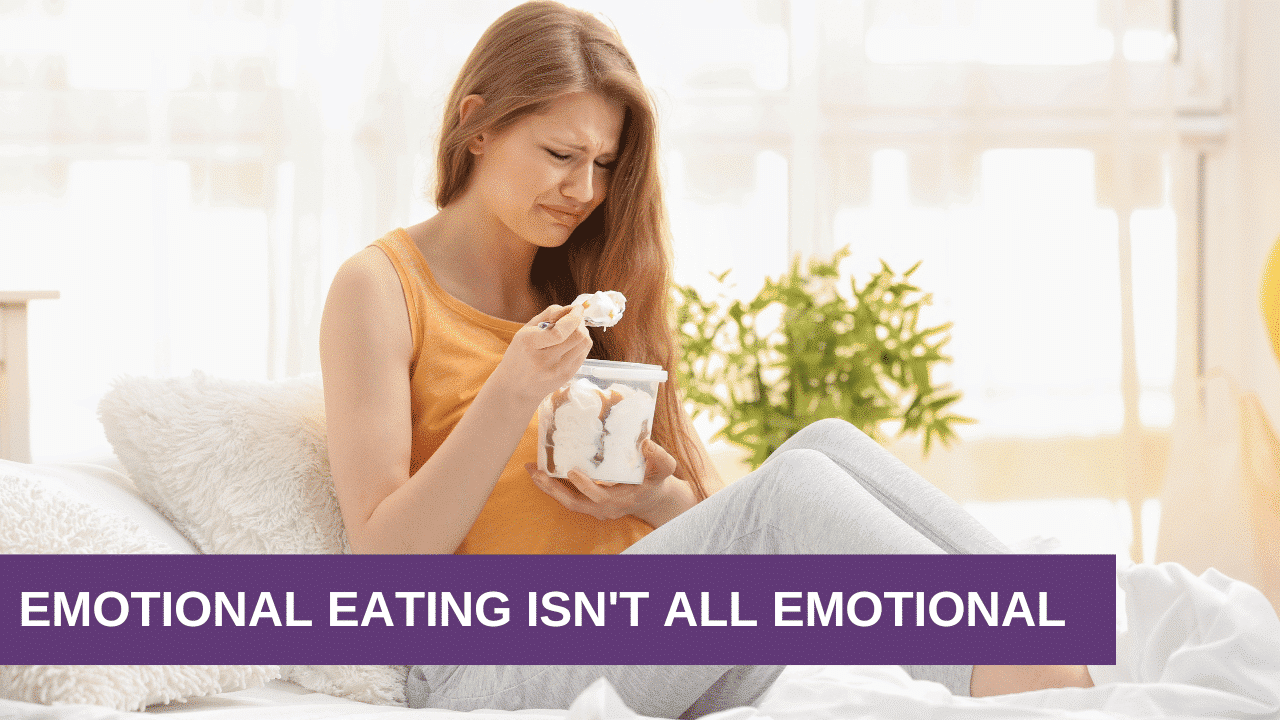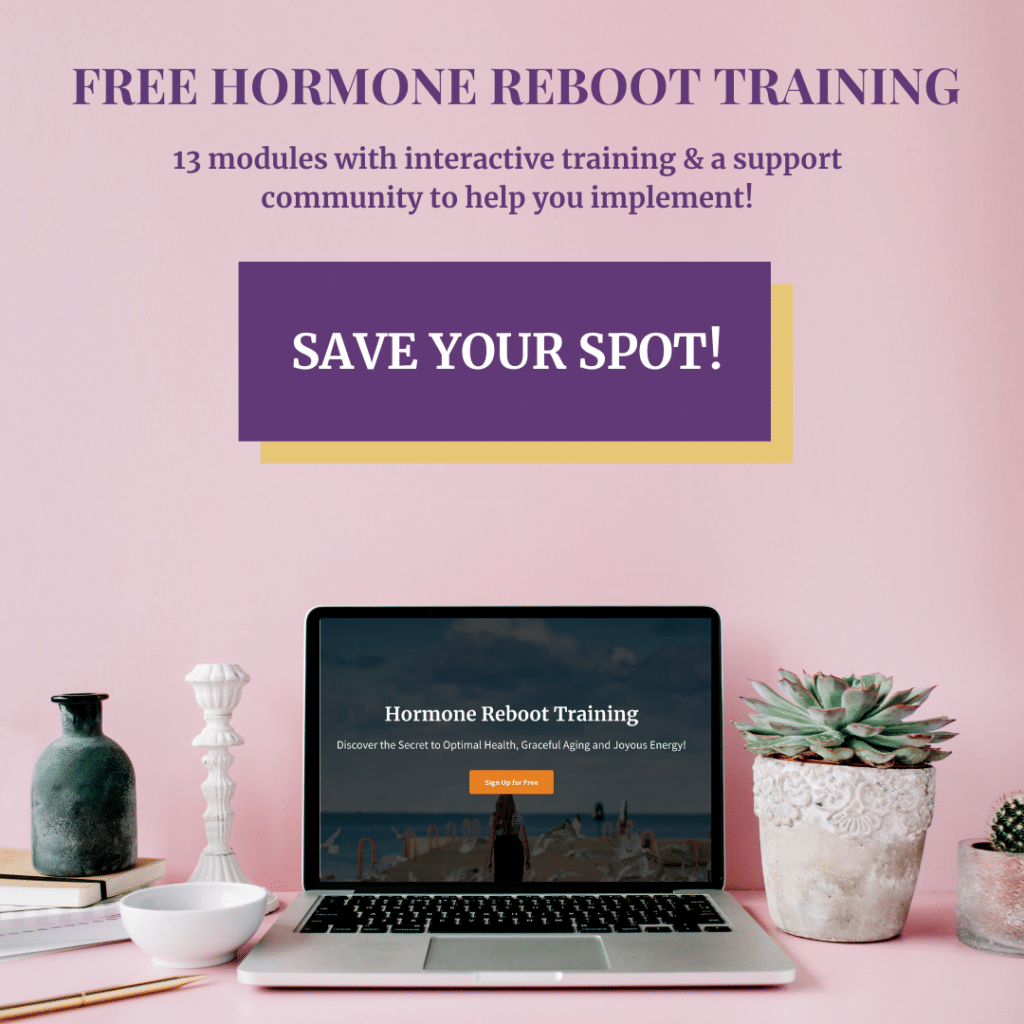A recent study shows that emotional eating is very common. An analysis of over 5000 adults found that over 20% eat emotionally, with prevalence higher in young white women.
Physiologically, hunger is hormonally regulated.
There are two main hunger pathways: the homeostatic pathway and the hedonic pathway. The homeostatic pathway controlled by our hypothalamus is our biological hunger pathway and is driven by the need for energy in calories. Hedonic eating is pleasure-driven and uses emotional stimuli to “bypass” the physical hunger/satisfaction signals.
Factors that disrupt the hypothalamic appetite regulation include sleep disturbances, high stress levels; and many medical conditions, including obesity, diabetes, and PCOS. Insulin resistance and inflammation at the hypothalamic level are the common links affecting appetite and satiety.
Mental health conditions that disrupt levels of neurotransmitters can also cause appetite changes.
Physiologically disrupted appetite. Having strong emotional connections to food and behavior patterns can trigger emotional eating.
Menses is a common physiologic trigger for stress-eating. During your period, vital minerals shift causing physical and emotional discomfort. Craving chocolate, which is rich in these minerals, actually addresses both the physical and emotional needs.
Places and psychological conditions can also trigger emotional eating.
Holidays, vacations, proximity to certain restaurants, exposure to food marketing, and major life shifts can lead to increased emotional eating. Emotional eating can also be a symptom of mood disorders like anxiety and depression. Many emotional eaters have experienced significant adverse childhood events.
If you are an emotional eater, you may need help to change your emotional eating to physiological eating based on energy and micronutrient needs.
First, treat biological causes like hypothalamic dysfunction that impacts physiologic hunger and triggers emotional eating.
Second, identify and address triggers like emotional eating patterns including associated people, places and psychological events.
Third, practice transitioning to non-food rewards when emotionally triggered.
Fourth, learn stress management like mindfulness, and meditation.
Last get the professional support you need. Consider hypothalamic support and hormonal balancing. You may need a psychologist or certified wellness coach who practices the emotional freedom technique.
If you want to learn more, please join us in our Hormone Reboot Training.
Resources:
University of Groningen: Emotional Eating in Adults




0 Comments